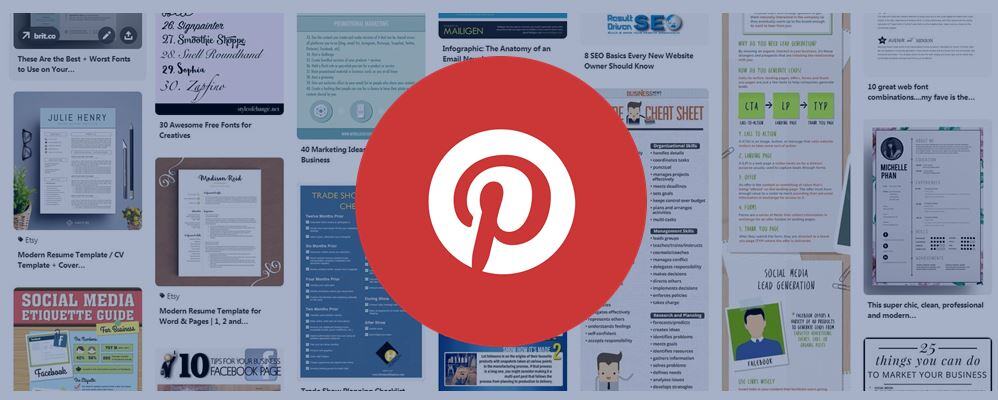How Self-Funded Health Plans Offer a Viable Solution to Escalating Healthcare Costs
In an era of escalating healthcare costs and economic uncertainty, health insurance premiums are a growing concern for employees and employers alike. As we approach 2024, it’s becoming increasingly clear that healthcare costs are set to rise significantly. According to a report by Aon, health care costs are projected to increase by 8.5% in 2024, reaching over $15,000 per employee. With over 150 million Americans obtaining health insurance through their employers, it’s crucial for businesses to explore viable solutions to mitigate these escalating costs.
Average annual health insurance premiums in 2023 stand at $8,435 for single coverage and a staggering $23,968 for family coverage, both of which saw a 7% increase in the same , according to the 2023 benchmark KFF Employer Health Benefits survey. These figures highlight the relentless upward trajectory of healthcare expenses, with family premiums surging by 22% since 2018 and a whopping 47% since 2013. Health care costs now account for an average of 8.15% of all consumer spending in the United States. Fully-insured employers may face even higher premiums in the coming year as insurance carriers hedge their bets in the volatile healthcare market. Considering this, self-funded health plans are emerging as a viable alternative to traditional health insurance.
What Is a Self-Funded Health Plan?
Self-funded health plans differ significantly from fully-insured health plans. While most small to mid-sized companies opt for fully-insured plans, self-funded health plans are becoming more popular with this group. In a self-funded plan, the employer is responsible for paying the claims directly instead of paying a fixed premium to an insurance company. These claims are accompanied by an administrative fee, but the employer avoids the conventional premium system. Learn more about the differences between self-funded and fully-insured plans here.
Benefits of Self-Funded Health Plan
Data Ownership: One of the primary benefits of self-funded health plans is the ownership of data. Employers can examine data to make informed decisions, allowing them to mitigate risks and ensure that employees receive better care. This data-driven approach enables employers to adjust plans, set their own rates, and find customized solutions that cater to their employees’ unique needs.
Flexibility: Self-funded plans offer a high degree of flexibility. Employers have the freedom to design their own plans and have more control over plan options, including vendor selection and cost-saving measures like pharmacy benefit management and referenced based pricing. Additionally, self-funded plans allow employers to select the stop-loss carrier of their choice.
Reduced Costs: Self-funded health plans often yield substantial long-term savings. Companies can expect to save 8%-10% on healthcare costs due to several factors, found by JDSupra:
- They avoid paying premiums which include an amount for the insurance company’s profit.
- They can invest their reserves and earn returns on that money.
- They are not subjected to state taxes on self-insured amounts.
- Employers maintain control over health plan reserves, resulting in improved cash flow.
- Self-insured health plans are governed by federal law (ERISA), thus avoiding state insurance regulations and premium taxes.
Risks of Self-Funding Health Plan
While self-funded health plans offer several advantages, the most significant perceived disadvantage is the financial risk. The notion of covering claims for all employees, which can vary substantially from year-to-year, can be daunting. However, self-funded employers can mitigate this risk through stop-loss insurance, which places a cap on the dollar amount of claims for both individuals and the company as a whole.
Considerations for Employers
Some considerations for employers contemplating self-funding include a learning curve for HR and finance leadership, increased accounting complexity, and monthly cost variability. While these challenges may appear overwhelming, they can be effectively managed with the right guidance.
Work With a Knowledgeable Agent
The key to a successful transition to a self-funded program is partnering with a knowledgeable agent who can navigate the process, reduce risks, and provide the necessary information for a smooth transition.
In conclusion, self-funded health plans offer a compelling alternative to ever-increasing health insurance premiums. They provide control, flexibility, and potential cost savings while allowing businesses to take ownership of their healthcare data. With the right approach and guidance, self-funding can be a smart choice for employers looking to navigate the challenging landscape of healthcare costs in the years to come.
At RMC Group, we believe that plan design matters and there is not a one-size-fits-all plan. We will help you customize the right benefits package for you and your employees. If you’re considering a self-funded health plan, reach out to one of our agents today at 239-298-8210 to get the process started.



